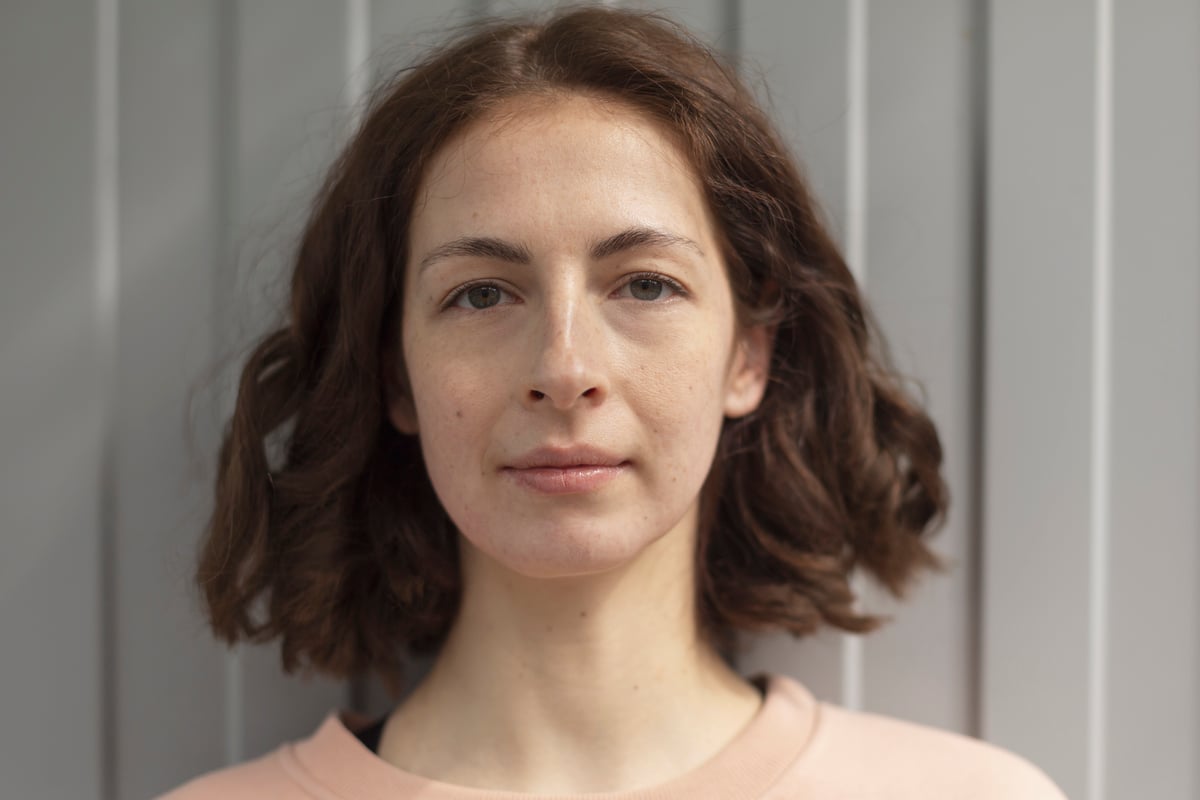
"There are three sides to every story: my side, your side, and the truth. And no one is lying. Memories shared serve each one differently." — Robert Evans
Many years ago, I lost my best friend to a toxic partner. It destroyed me to lose the most important person in my life. While there is abundant conversation and discussion about romantic breakups, friendship breakups can be just as devastating, if not more — most people don’t expect a day where they grow apart from their closest friend.
I didn’t think I would ever reach a point where I would want to relive this loss, or write about it online, but last month, I wrote, 'My best friend got married to a man who hated me. He kicked me out of the bridal party.'
Watch: Best Friends Translated. Post continues below.
It was the worst breakup I’d ever gone through and sure, it may feel childish, immature even to some, to talk about a friendship break up. Someone in the comments told me "they thought I might be in my 20s" based on my story. (I’m not.) But to me, it was a very real and deep loss.

Top Comments